News
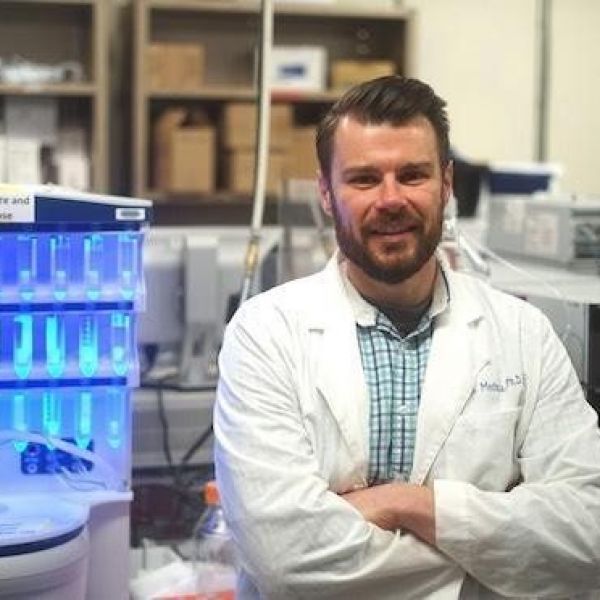
Jan 08, 2021
Resist the resistance: Fighting the good fight against bacteria
In an effort to reduce the potential infection-caused 10 million deaths worldwide, Penn State researcher Scott Medina has developed a peptide, or small protein, that can target a specific pathogen without damaging the good bacteria that bolsters the immune system.
Full Article
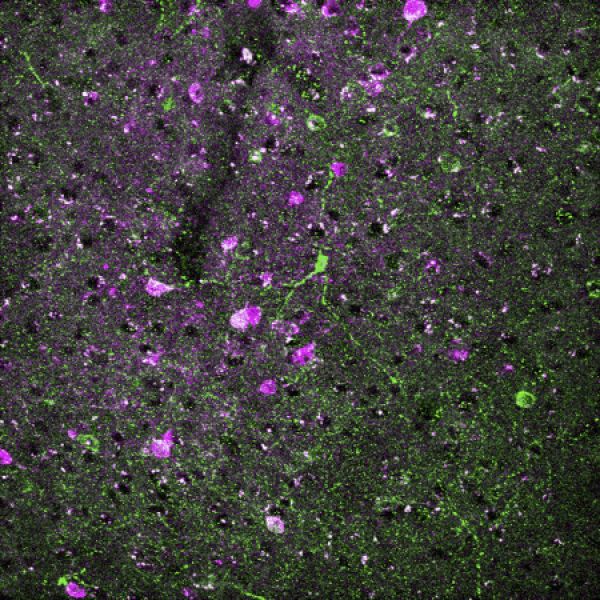
Dec 16, 2020
Some neurons target tiny cerebral blood vessel dilation
Neurons control blood flow in tiny vessels in the brain, but researchers know little about this relationship. Now a team of Penn State engineers has found a connection between nitric oxide expressing neurons and changes in arterial diameters in mice, which may shed light on brain function and aging.
Full Article
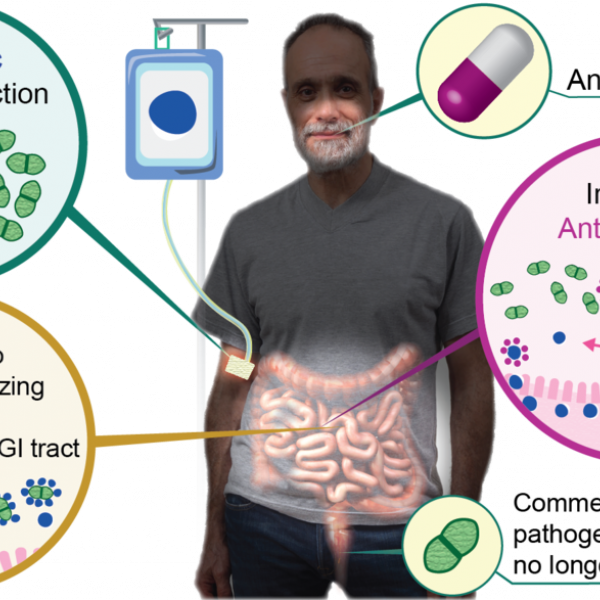
Dec 01, 2020
'Anti-antibiotic' allows for use of antibiotics without driving resistance
An inexpensive, FDA-approved drug — cholestyramine — taken in conjunction with an antibiotic prevents the antibiotic from driving antimicrobial resistance, according to new research by scientists at Penn State and the University of Michigan. The team’s findings appear today (Dec. 1) in the journal eLife.
Full Article
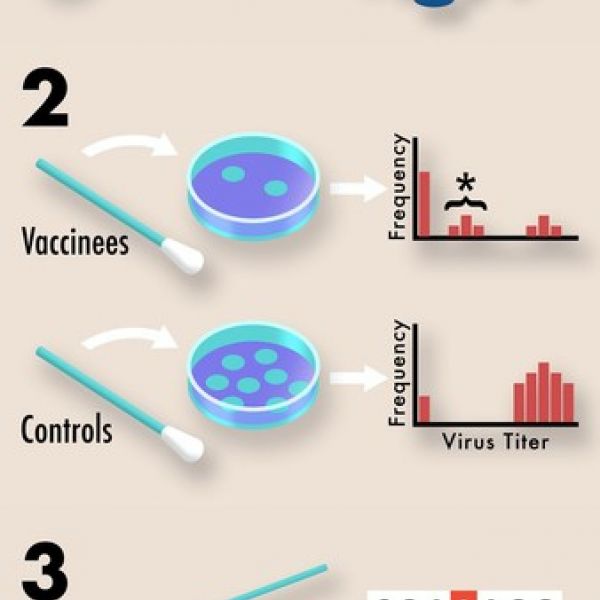
Nov 10, 2020
Could SARS-CoV-2 evolve resistance to COVID-19 vaccines?
Similar to bacteria evolving resistance to antibiotics, viruses can evolve resistance to vaccines, and the evolution of SARS-CoV-2 could undermine the effectiveness of vaccines that are currently under development, according to a paper published Nov. 9 in the open-access journal PLOS Biology by David Kennedy and Andrew Read from Penn State.
Full Article
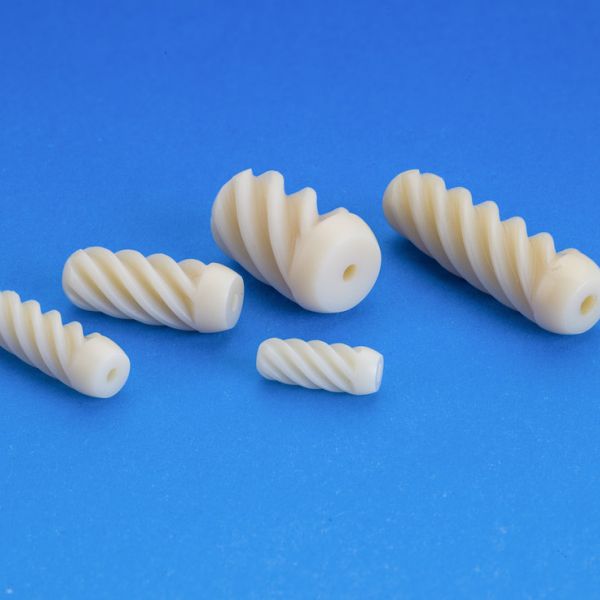
Oct 22, 2020
Novel bioresorbable, tissue-healing surgical device approved by FDA
A new surgical tendon fixation system that not only re-attaches damaged tissues but also facilitates healing as it is absorbed by the body has been granted 510(k) clearance by the U.S. Food and Drug Administration, indicating that the device is “as safe and effective” as other legally marketed devices and is ready to go to market.
Full Article

Oct 14, 2020
Makova selected as holder of the Verne M. Willaman Chair in the Life Sciences
Kateryna Makova, Pentz Professor of Biology at Penn State, has been appointed as holder of the Verne M. Willaman Chair in the Life Sciences. The appointment, effective on Sept. 1, was made by the Office of the President of the University, based on the recommendation of the dean, in recognition of Makova’s national and international reputation for excellence in research and teaching.
Full Article
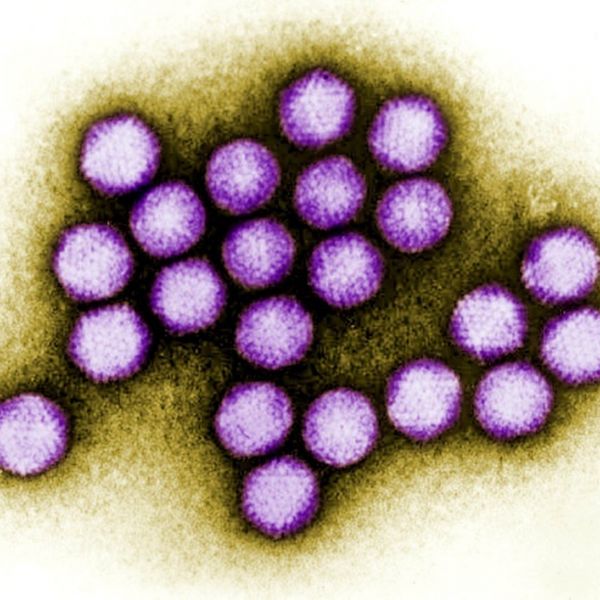
Oct 07, 2020
Penn State researcher part of project to develop novel COVID-19 vaccine
A researcher in Penn State's College of Agricultural Sciences is part of a team of scientists working to develop a unique COVID-19 vaccine that uses a bovine adenovirus as a safe and effective delivery vehicle.
Full Article
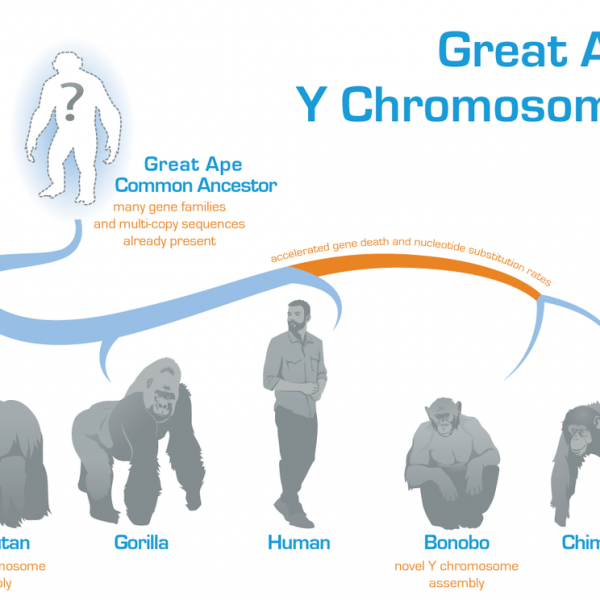
Oct 07, 2020
Evolution of the Y chromosome in great apes deciphered
New analysis of the DNA sequence of the male-specific Y chromosomes from all living species of the great ape family helps to clarify our understanding of how this enigmatic chromosome evolved.
Full Article
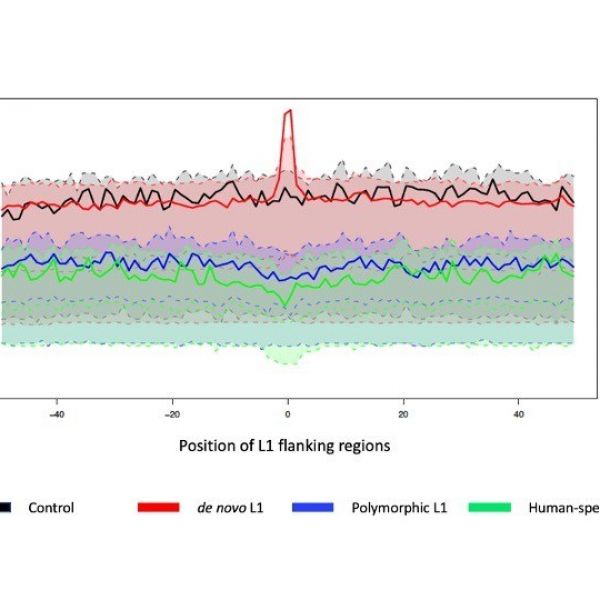
Oct 02, 2020
Scientists take a step toward understanding 'jumping genes' effect on the genome
Using state-of-the-art statistical methods, a team of researchers said they may have taken a leap closer to understanding a class of jumping genes, sequences that move to different locations in the human genome, which is the body’s complete set of DNA.
Full Article

Sep 23, 2020
Huck Institutes Seeks Director of Graduate Training Initiatives
The Huck Institutes of the Life Sciences is searching for a Penn State faculty member interested in overseeing a number of training programs for master's and doctoral students.
Full Article